General description
Dextrans are a class of polysaccharides primarily composed of glucose units, specifically, D-glucose units connected by alpha-(1-6) linkages. A Dextran is characterized by its high molecular weight, and its specific structure can vary depending on the microbial strain responsible for its production. These homopolysaccharides are created through the action of extracellular dextransucrase enzymes, typically found in lactic acid bacteria genera like Leuconostoc, Lactobacillus, Streptococcus, Weissella, and Pediococcus. Due to their versatile properties, they′re used in biochemical, cell culture, drug delivery research and gel electrophoresis applications.
Application
Dextrans are used in many applications as platelet aggregants, plasma volume extenders, osmotic pressure regulators, stabilizers, organ separation media, matrix components, copolymers, microcarriers, binding agents, viscosity modifiers, antithrombotics, lubricants and physical structure components. Dextrans may be used as long hydrophilic spacer arms to improve the performance (freedom of movement) of conjugated/bound proteins. Dextrans may be derivatized for use in biosensor systems. Dextran 40 may be derivatized for use as a cell permeation reagent. Further, dextrans can also be used for vector biology and disease control research, for cryopreservation, and also as an enhancer for controlled drug delivery studies
Use of dextrans as long and hydrophilic spacer arms improves the performance of immobilized proteins acting on macromolecules.
Biochem/physiol Actions
- Osmotic Balance: Dextran helps maintain osmotic balance by increasing the solute concentration in a solution. This prevents excessive water movement across cell membranes, thus maintaining cell integrity and function.
- Cryoprotection: Dextran acts as a cryoprotectant by forming a protective barrier around cells and tissues during freezing. This barrier inhibits the formation of ice crystals, which can damage cell membranes and structures.
- Viscosity Control: Dextran can alter the viscosity of solutions by increasing the molecular weight of the solution. This change in viscosity affects the flow properties of the solution, making it useful in controlling the thickness of solutions in various processes.
- Drug Delivery: Modified dextran serves as a carrier for controlled drug delivery. Dextran can encapsulate drugs and release them gradually, enhancing drug solubility and controlling the release profiles to improve therapeutic outcomes.
- Gel Electrophoresis: Dextran increases the density of sample-loading solutions in gel electrophoresis. This increased density helps samples sink into the gel matrix, allowing for more precise separation of molecules based on size and charge during electrophoresis.
- Enzyme Stabilization: Dextran stabilizes enzymes by providing a protective environment. It forms a stable matrix around enzymes, enhancing their activity and extending their lifespan in various biochemical reactions. This protection prevents enzyme denaturation and inactivation, allowing enzymes to function more effectively.
Features and Benefits
- Dextran with an average molecular weight range of 35,000-45,000.
- Freely soluble in Water, DMSO, formamide, ethylene glycol, and glycerol
- Versatile and adaptable for various laboratory and research applications.
Linkage
Similar to D4133, but from another supplier.
Preparation Note
With the exception of the highest MW dextran, D5501 (MW range = 5 million to 40 million), dextrans are very water soluble. Sigma tests the solubility of dextrans at concentrations generally exceeding 30 mg/ml in water. Dextrans are also freely soluble in DMSO, formamide, ethylene glycol, and glycerol. Neutral-aqueous dextran solutions can be sterilized by autoclaving at 110-115oC for 30 to 45 minutes. Dextran can be hydrolyzed by strong acids at high temperatures. The terminal reducing end group of dextran can be oxidized in alkaline solutions.
Other Notes
To gain a comprehensive understanding of our extensive range of Dextrans for your research, we encourage you to visit our Carbohydrates Category page.
- UPC:
- 51172601
- Condition:
- New
- Availability:
- 3-5 Days
- Weight:
- 1.00 Ounces
- HazmatClass:
- No
- MPN:
- D1662-50G
- CAS:
- 9004-54-0

